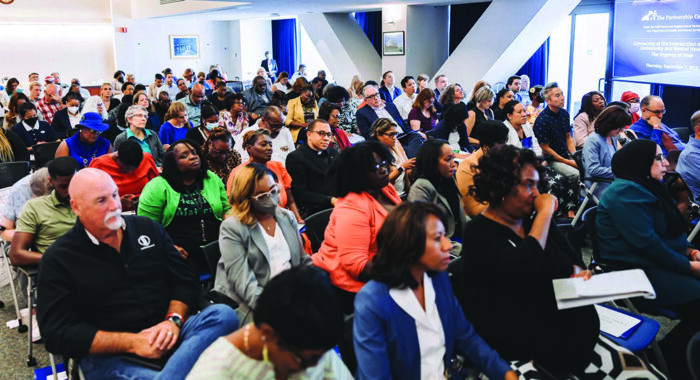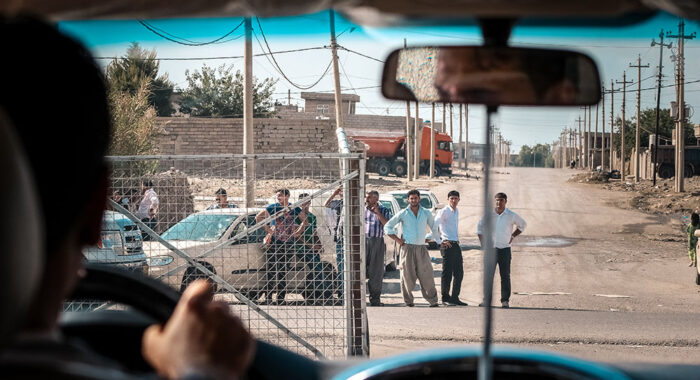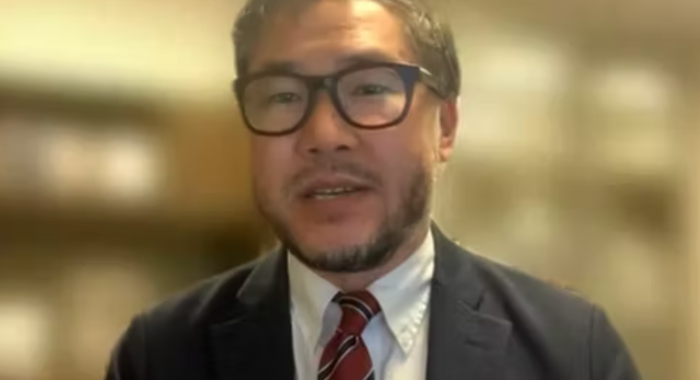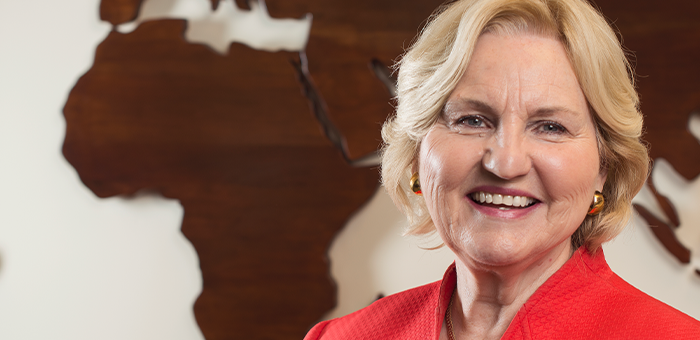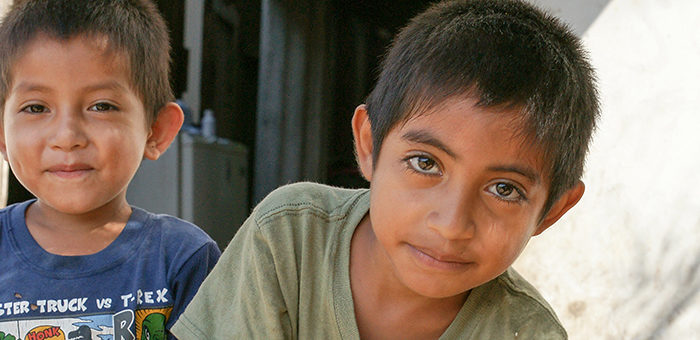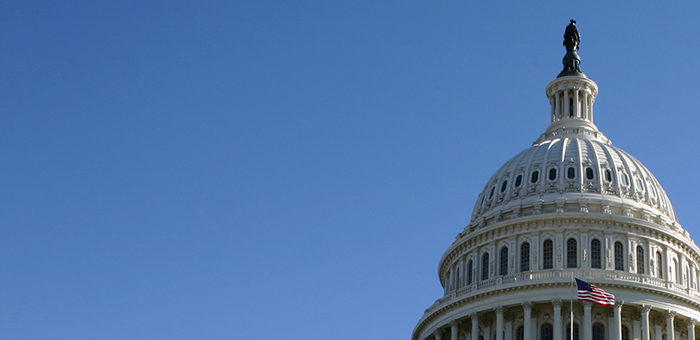
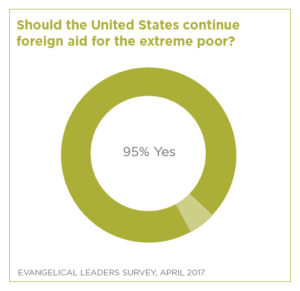
“Our national generosity makes me proud to be an American,” said Leith Anderson, president of the National Association of Evangelicals (NAE). “When visiting some of the poorest places on Earth, I’ve seen the people whose lives have been saved by U.S. foreign assistance. They are children with HIV/AIDS who are healthy due to antiretroviral drugs. They are widows who have been brutalized by war who have safe places to live. They are families in regions with parched earth, failed crops and heartbreaking famine who are fed with grain that comes in sacks with USA logos.”
Eric Skytte, a lawyer who serves as lay member on the NAE board, said, “This practice aligns the priorities of our government with God’s heart for the poor, which is good in and of itself. But, even absent any religious underpinnings for such foreign aid, this practice demonstrates compassionate global leadership by the United States, which builds stronger relationships between the United States and the community of nations of which it is a member.”
As Scott Arbeiter, president of World Relief, said, “Foreign aid is consistent with both our values and our national interest.”
The strong support for continued foreign aid did not preclude evangelicals leaders from adding that the government should review its distribution practices to ensure that aid continues to reach those it seeks to help and does not get redirected by corrupt nations or groups.
In March, NAE leaders Leith Anderson and Galen Carey signed a letter alongside 100 other Christian leaders calling on Congress to avoid disproportionate cuts to America’s foreign assistance programs. The signers stressed that America’s global development and diplomacy programs have been instrumental in saving lives, safeguarding religious liberties and maintaining security.
In an article for Newsweek, Anderson wrote, “God has blessed America. We can make it on the 99 percent without keeping more. We certainly don’t want to lose God’s blessing because we aren’t blessing others.”
The Evangelical Leaders Survey is a monthly poll of the Board of Directors of the National Association of Evangelicals. They include the CEOs of denominations and representatives of a broad array of evangelical organizations including missions, universities, publishers and churches.



 View All Surveys
View All Surveys 
